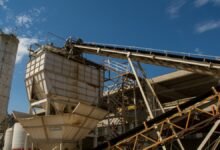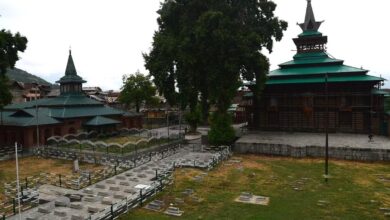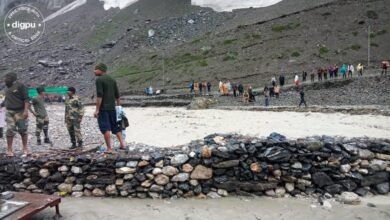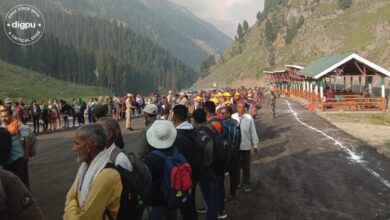What caused JK Cements Limited to close down?
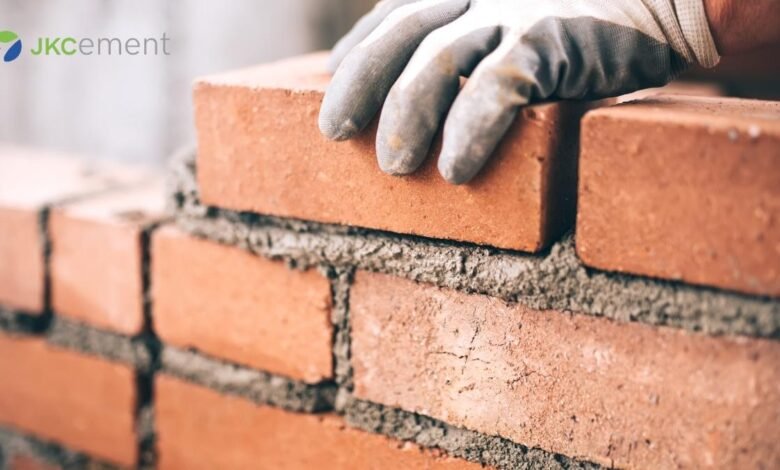
According to insiders, the company’s productivity has fallen over time due to ineffective management, and it has battled corruption and fraud.
The JK Cements Limited (JKCL) was recently wound up by Lieutenant Governor Manoj Sinha’s administration after three decades of providing quality cement at reasonable rates and generating revenues for the state.
The Administrative Council (AC) meeting, chaired by Lieutenant Governor Manoj Sinha, in the last week of October authorized the proposal of the Industries and Commerce Department to sell Jammu and Kashmir Cements Limited in its whole through an escalating e-auction among eligible bidders.
Dramatic decline in production and revenues led to downfall
According to official sources, the decision was made due to a dramatic drop in output and earnings from 2012-13 onwards. The facility has been shut down since July 2019 due to a shortage of capital and raw materials.
The PSU was teetering under the weight of its debts, with production losses of Rs 300 crore. It had been burdened by its own liabilities on account of salaries/bills raised by contractors and other departments, CP Fund of workers, and GST liabilities throughout the loss-making years.
Mismanagement and corruption also marred chances of revival
According to sources, the company’s production has decreased over the years owing to a lack of efficient management, and it has struggled with corruption and fraud.
Successive elected governments blamed one another for the decline in production. However, no administration made any genuine efforts to revive it.
While commercial cement production companies make big profits, JKCL was losing money owing to administrative inefficiency and corruption.
JKCL lost is market value owing to low-quality output
The government had urged agencies to use this cement instead of private enterprises on multiple occasions, but there was rarely any execution on the ground, which is now reflected in the decision to close the factory altogether.
As a state-owned entity, it had the critical role of producing high-quality cement at affordable prices. However, unlike other cement factories in Kashmir, it had lost market value owing to lower-quality cement output.
The drop in output can be attributed to a number of things. The major reasons, according to the sources, are “scams, mismanagement, and involvement by politicians, bureaucrats, and businessmen alike to ruin the company.”
JKCL joins a league of loss-making, closed PSUs in J&K
It is pertinent to mention here that JKCL was established in December 1974 as a fully-owned government entity with the mission of exploiting vast deposits, providing high-quality cement to customers at reasonable prices, and bridging the demand-supply imbalance.
More than 1000 semi-skilled, skilled, specialized, and super-specialized persons were directly or indirectly employed by the JKCL.
The closure of the loss-making PSU will now free up a large amount of land adjacent to the Khrew Plant, totalling roughly 240 kanals, for J&K SIDCO to use as an industrial park.
Ironically, profit-making PSUs like JK Industries, Bemina Woollen Mills, Silk Factory Rajbagh, Baramulla Match Factory, and now JK Cement have been rendered sick and defunct owing to political ineptitude and cronyism in the last seven decades, resulting in the collapse of these once-profitable industries.
